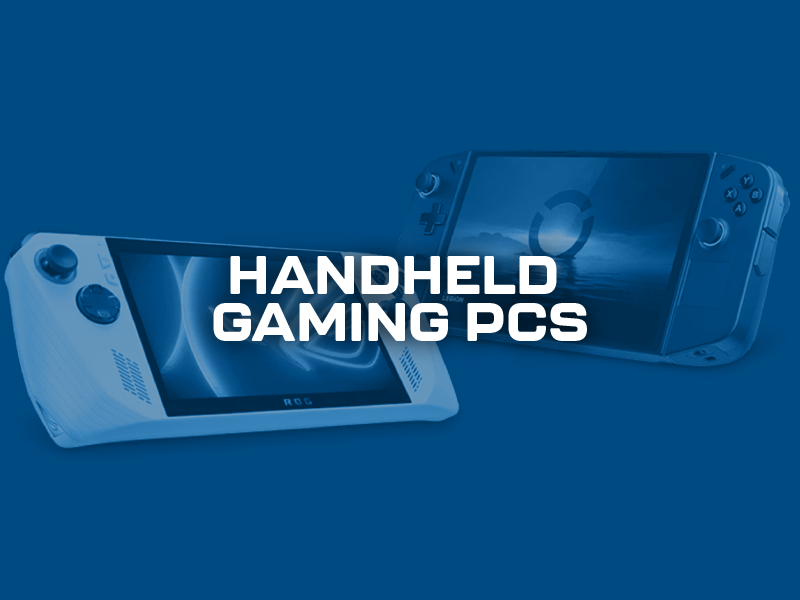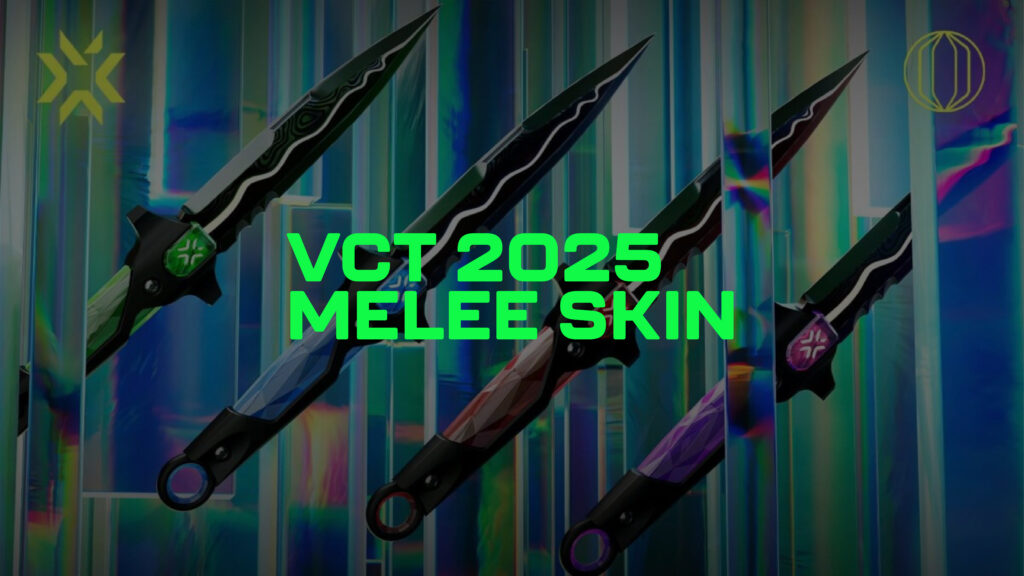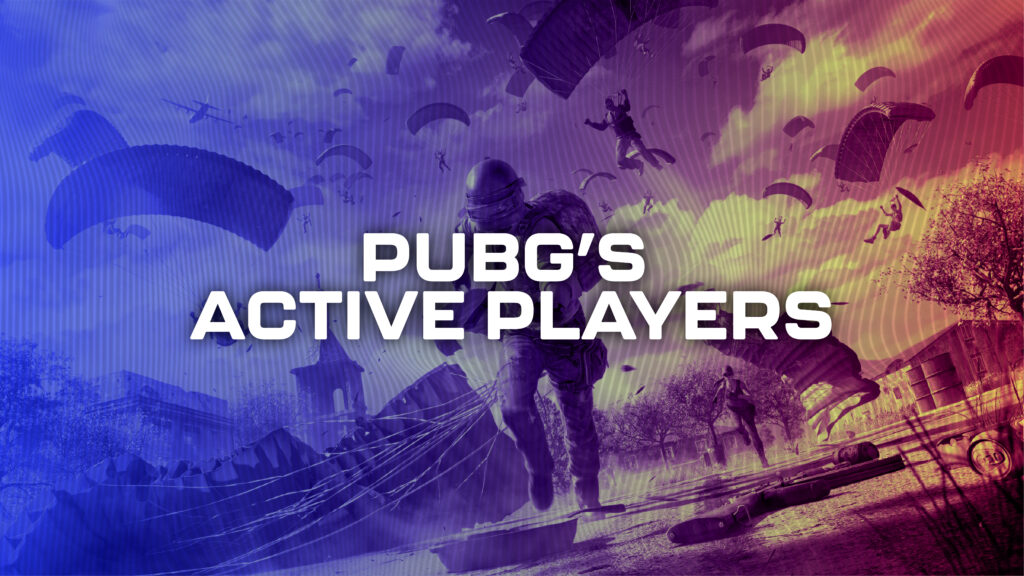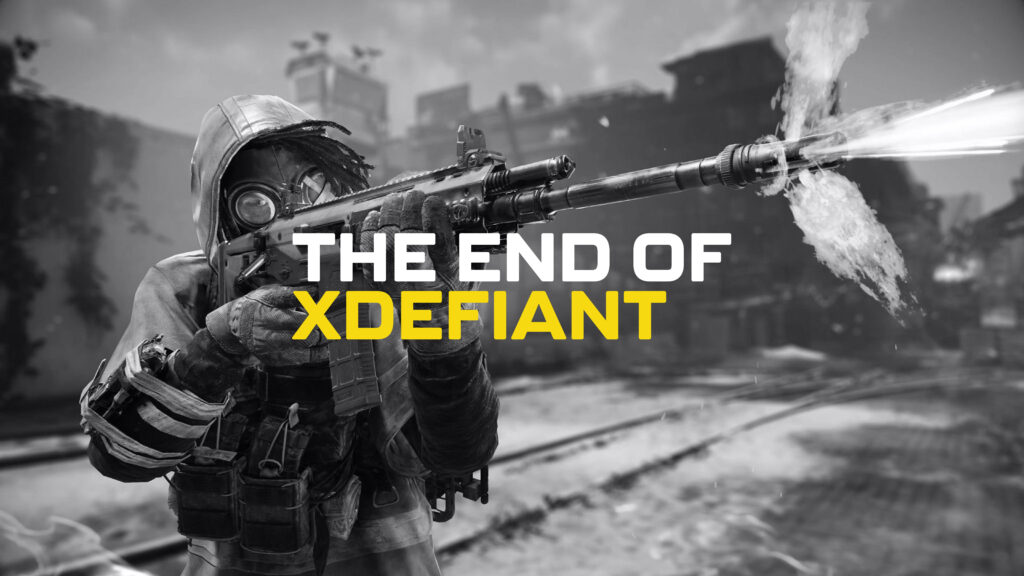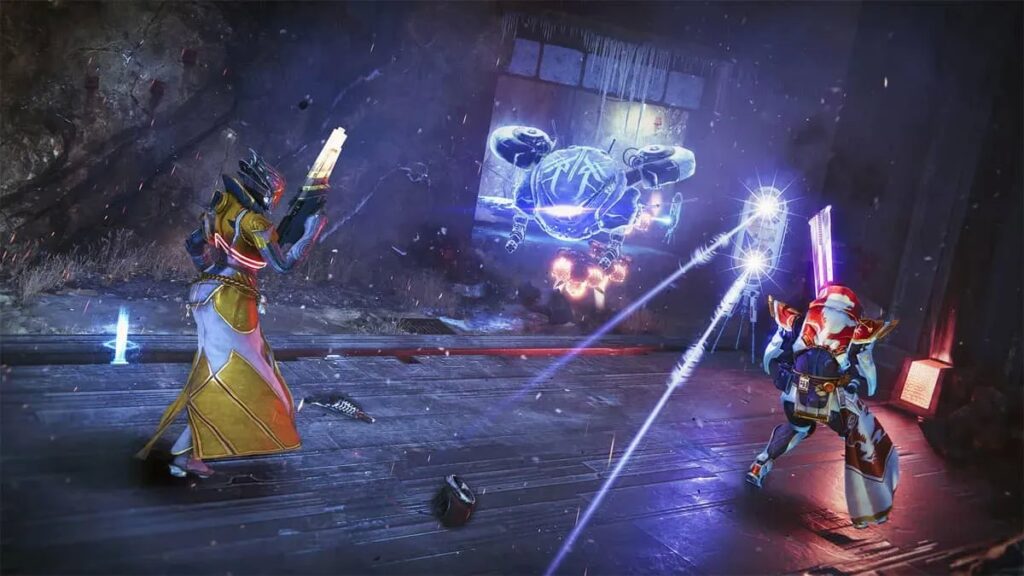Skin Markets - The Impact of Skin Trading in Esports
Explore the world of Skin Markets, where virtual in-game items from popular esports titles like CS, Dota 2, and others can be traded, bought, or sold. These skins, which range from cosmetic upgrades to rare collectibles, have created a thriving marketplace where players and bettors alike can exchange value. Some platforms even allow you to wager skins on esports matches, offering a unique betting experience tied to your favorite games. Whether you’re looking to cash in on valuable items or use skins for betting, the skin market opens up a new dimension to esports engagement.

- FIFA Betting Markets Available
- Exciting Global Lottery Options
- Live Chat Support for all Customers
T&Cs apply. 18+. Please Gamble Responsibly.

- Live Esports Betting & Streaming
- Bet Builder & Combo Boosts
- 40+ Cryptocurrencies Accepted
New Customers only. T&Cs Apply

- Wide range of betting markets
- Great variety of payment options
- Fantastic welcome bonus
New players can get 100% up to €100 for first deposit to bet on sports. Bonus is available for 7 days and has 5x rollover on accumulator bets with at least three selections and minimum odds of 1.40 per selection. +18 and T&Cs apply.
- Crypto available in 10+ countries
- Great payment selections
- 24/7 Live Chat
Get a 100% up to €100 first deposit bonus for sports betting online with promo code NEWBONUS. T&Cs apply. 18+.

- Live streaming available
- Reliable customer support
- Brilliant welcome offer
18+, New Customers Only, Play Responsibly, T&Cs apply.
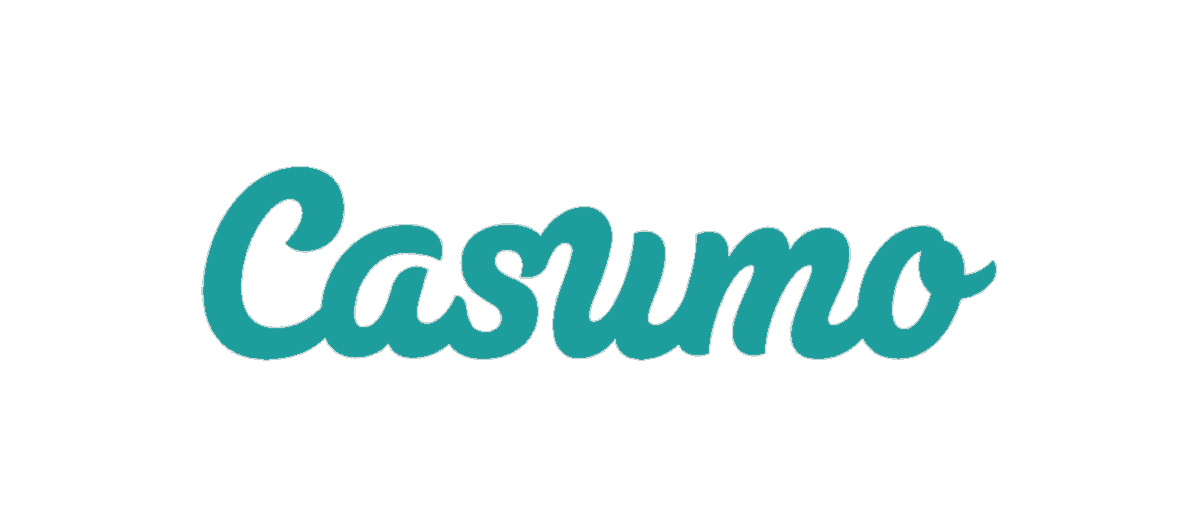
- Big range of betting markets
- Strong selection of banking options
- Great variety of Esports available
18+ New customers only. Min stake £2. Min legs 3. Max win £1,000. Min odds 3.0. Max £25 back as a Free Bet on losing bets only. 7 days to use free bet at odds 2.0+. Full T and Cs apply. Play responsibly BeGambleAware.org T&Cs apply.
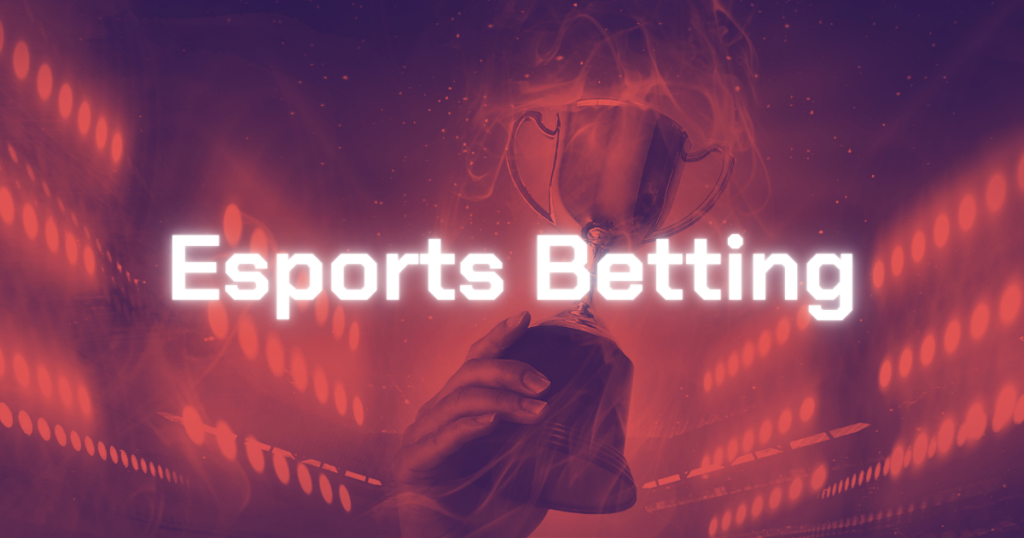
Best Esports Betting Sites of the Month

100% up To €1500
- Live Esports Betting & Streaming
- Bet Builder & Combo Boosts
- 40+ Cryptocurrencies Accepted
New Customers only. T&Cs Apply. 18+
The Counter-Strike: Global Offensive (CSGO) skin market has become a fascinating case study of virtual economies, where in-game cosmetics hold real-world financial value. These skins, which alter the visual appearance of weapons, do not affect gameplay but have fostered an entire ecosystem of trading, speculation, and investment. This article will explore the mechanics of the CS skin market, its economic impact, trading platforms, controversies, and future trends.
What are CS Skins
CS skins are virtual cosmetics that players can apply to weapons, adding colors, patterns, or textures to items such as knives, rifles, and pistols. Introduced in 2013 through the “Arms Deal” update, skins come with different levels of rarity and aesthetic appeal.
Players can obtain them through case openings, in-game drops, or trades. Some skins also come with additional features like “StatTrak,” which tracks in-game kills, or wear levels such as “Factory New” or “Battle-Scarred,” further influencing their value.
How Virtual Skin Markets Operate
Case Openings and Drops:
Players can purchase keys to open loot crates, which contain random skins. The rarity of these items varies from “Consumer Grade” (common) to “Covert” or “Classified” (rare). “Knives” and certain skins like the Dragon Lore AWP belong to the elite group of ultra-rare items, commanding high prices in the secondary market.
Marketplaces and Trading Platforms:
Skins are bought, sold, or exchanged through various platforms, including:
- Steam Community Market: An official marketplace by Valve, where transactions are limited to Steam Wallet credits.
- Third-Party Marketplaces: Websites like Buff.163, Skinport, and CS.Money enable peer-to-peer trading and allow users to cash out real money. These platforms charge transaction fees but offer greater flexibility than Steam’s marketplace.
Pricing and Value Fluctuations:
Skins function almost like digital assets, with prices fluctuating based on market trends, updates, player preferences, and even esports events. Limited-time collections or skins associated with popular professional players can experience sudden price hikes, similar to stocks or cryptocurrencies.
Investing in Virtual Skin Markets
Many players and traders view CS skins as investments, leading to a speculative market. Skins with high desirability, rarity, or unique characteristics—such as the Souvenir Dragon Lore AWP—can fetch prices in the tens of thousands of dollars.
Some users hold skins as long-term assets, anticipating future price increases, while others engage in day-to-day trading to profit from short-term price changes.
Skin Market Risks and Controveries
The skin market has not been without its share of controversies. Some of the key issues include:
Skin Gambling
Skins became central to online gambling sites, where users could bet their skins on virtual roulette wheels, coin flips, or esports match outcomes. This practice drew criticism for involving minors and fostering unregulated gambling. In 2016, Valve intervened, demanding these sites cease operations or face legal consequences.
Scams and Fraud
The absence of formal regulation has also made the skin market susceptible to scams. Fake websites, phishing attempts, and fraudulent trades are common risks for users. Even reputable third-party sites are not immune to incidents, with some platforms facing accusations of insider trading or price manipulation.
Valve’s Regulatory Control
Valve plays a significant role in regulating the flow of skins. Changes to the trading rules—such as introducing a seven-day trade cooldown in 2018—have had substantial effects on the liquidity and volume of the market. Some traders criticized the move as a blow to the community’s ability to engage in active trading.
Economic and Community Impact of Skin Trading
Beyond mere cosmetics, skins have become integral to CS’ culture and economy. The market adds a layer of personalization for players, offering a way to express individual style. Additionally, the popularity of skins has made them status symbols within the game, particularly rare items like Karambit knives or ultra-valuable AWPs.
In parallel, esports events, such as CS Majors, often feature special souvenir skins, adding a collectible aspect to the market. Many professional players also contribute to the market’s hype by using exclusive skins in tournaments, influencing trends among fans.
Future Trends and the Evolution of the Skin Market
The CS skin market shows no signs of slowing down, even with the upcoming release of Counter-Strike 2. Valve has announced that players’ existing skins will transfer to the new game, preserving their value. The improved graphics of CS2 are expected to enhance the appearance of skins, which could increase demand for some older, highly sought-after items.
Additionally, innovations in blockchain and NFT technology have spurred discussions about the potential integration of similar systems into virtual economies. While Valve has not signaled any interest in adopting blockchain for CS
or CS2 skins, the growing popularity of digital assets could influence the future direction of in-game economies.
Skin Markets Overview
The CS skin market is a remarkable example of how virtual assets can develop real-world economic value. What began as a simple cosmetic feature has evolved into a complex digital marketplace, blending gaming culture with speculative trading.
While the market presents exciting opportunities, it also comes with risks related to gambling, fraud, and market volatility. As Counter-Strike 2 builds on the legacy of CS, the skin economy is likely to continue evolving, creating new opportunities and challenges for players, traders, and regulators alike.


Read review
Casino OR Sports: Up to 100% + 400 FS/20 FB
T&Cs apply. 18+. Please Gamble Responsibly.

Read review
100% up to €122 First Deposit Bonus for Sports Betting
New players can get 100% up to €100 for first deposit to bet on sports. Bonus is available for 7 days and has 5x rollover on accumulator bets with at least three selections and minimum odds of 1.40 per selection. +18 and T&Cs apply.

Read review
Sportsbook Welcome Package up to €450 + 250 Free Spins
18+, New Customers Only, Play Responsibly, T&Cs apply.










